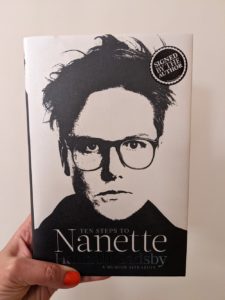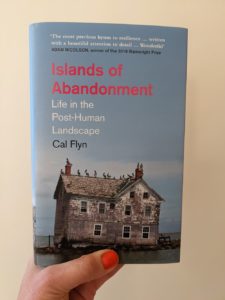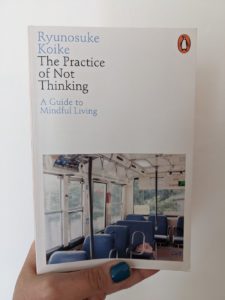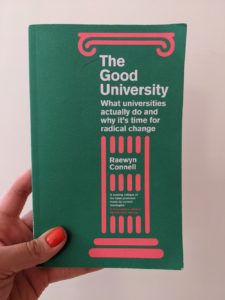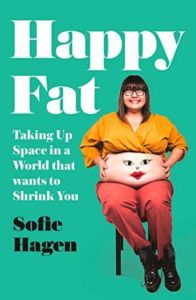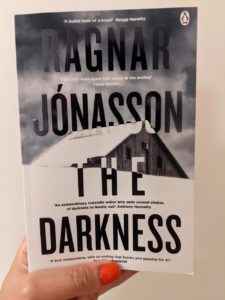Other People’s Clothes by Calla Henkel
Written by Ashley Kelmore, Posted in Reviews
Best for:
People who like a little bit of a mystery but also a character study.
In a nutshell:
Zoe and Hailey are in Berlin for a study abroad art school year. Except classes are only once or twice a month. So what should they do to fill the time? How about host a casino / house party once a week?
Worth quoting:
N/A
Why I chose it:
It came in the Books That Matter subscription this month.
Review:
I had a goal at the start of the year to alternate fiction and non-fiction. Didn’t really happen, and after a run of like seven non-fiction books, I decided to read this. I have an affinity for Berlin, plus this book was set in the fairly recent past (2008), so it has a bit of nostalgia associated with it (and no smart phones!).
Zoe is the protagonist here. Her best friend has just been murdered, but that isn’t really the central mystery of the book. However, it does hover over Zoe, especially since Zoe has been dating her dead best friend’s ex boyfriend. Yikes. Zoe decides to take a year in Berlin with Hailey, heiress to a Grocery Store fortune, and sort of a stranger to our main gal.
They happen to luck out with an amazing apartment in Berlin – owned by Beatrice, who is a famous mystery novel author who will be at a writing retreat in Austria for the year. Score!
But it turns out perhaps the apartment comes with a catch. When Zoe and Hailey luck into a free fancy roulette wheel and a lot of amazing vintage party clothes (it does actually make sense in the book), they decide to throw huge fantastic parties every Friday night. But at some point they wonder if maybe they are being watched?
That’s all I’ll share from the plot. The writing is great, and the characters are developed from the perspective of Zoe, in that we get her thoughts, but everyone isn’t totally one-dimensional. And the story is a bit absurd, sure, but not so out of bounds that it feels unbelievable. We see Zoe struggle with the loss of her best friend, the weirdness of her relationship with the ex Jesse, and finding her way with new roommate Hailey. She’s just twenty, in a city where she knows no one, and has really nothing to do except explore and have fun. It can be dangerous to have that much freedom without some training on how to use it safely.
Best part? The author manages to totally stick the landing. It’s got a great ending.
Recommend to a Friend / Keep / Donate it / Toss it:
Recommend to a Friend



